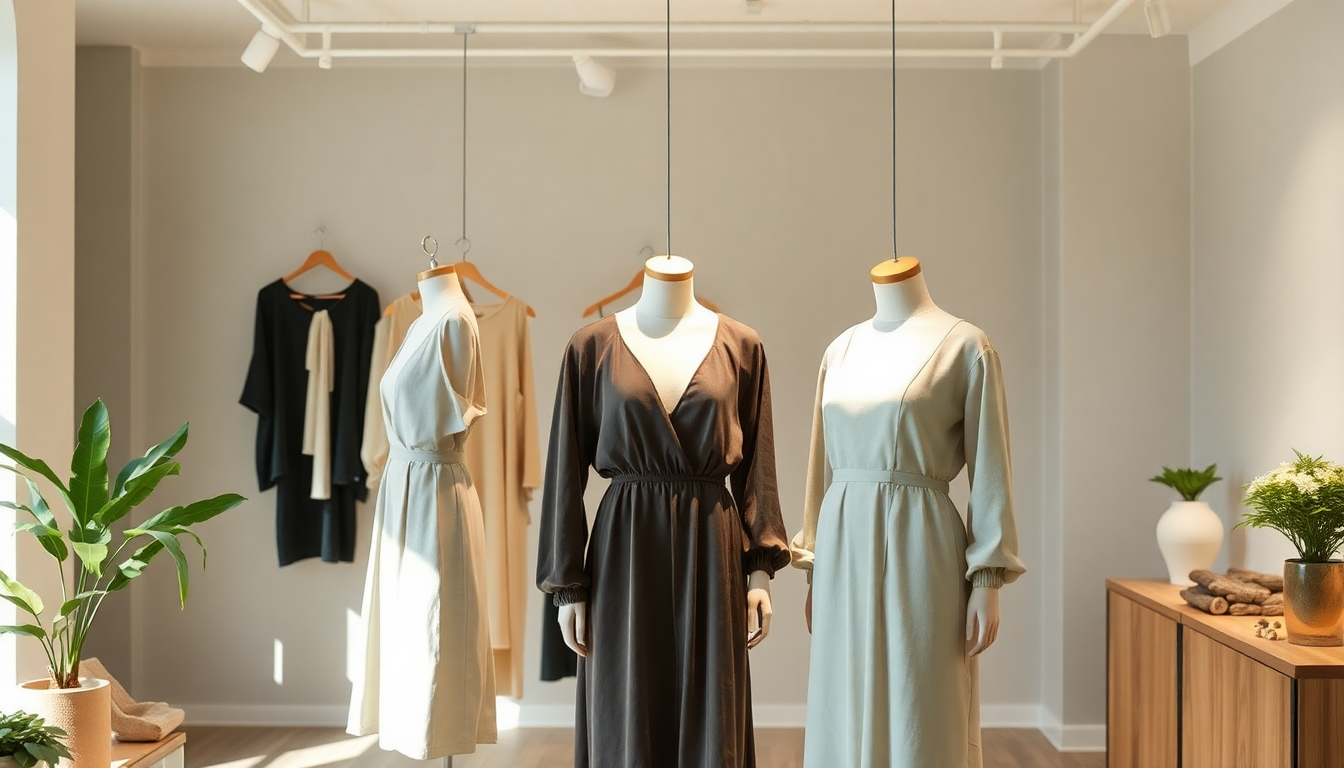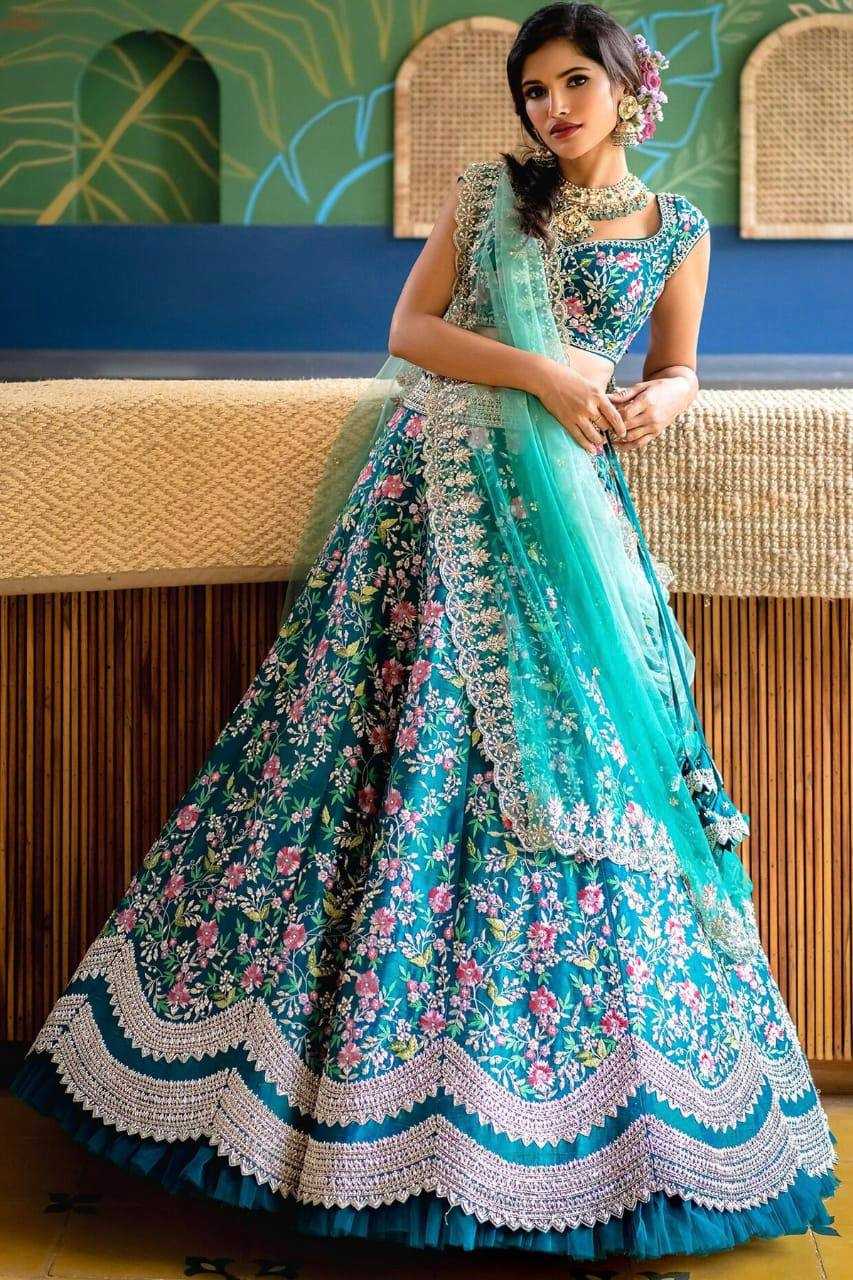The Rise of Sustainable Luxury: Catering to the Eco-Conscious Consumer
In the ever-evolving landscape of the luxury industry, a profound shift is underway - one that is being driven by the growing demand for sustainable and ethical consumption. As the world becomes increasingly conscious of its environmental impact, luxury consumers are no longer content with simply indulging in opulent products; they are seeking brands that align with their values and prioritize sustainability.
The Emergence of Sustainable Luxury
The concept of sustainable luxury may have once seemed like an oxymoron, but today it is a reality that is rapidly gaining traction. Sustainable luxury is defined as the intersection of high-quality, durable products and environmentally-conscious production practices. This new paradigm challenges the traditional notions of luxury, where exclusivity and excess were once the hallmarks of the industry.
Shifting Consumer Trends
The rise of sustainable luxury is a direct response to the changing preferences of today's luxury consumers. According to recent studies, a staggering 67% of luxury shoppers now prioritize sustainable materials when making purchasing decisions. This shift in consumer behavior is further evidenced by the remarkable 143.6% growth in sustainability-related searches within the luxury sector over the past quarter.
Driving Forces Behind Sustainable Luxury
The growing demand for sustainable luxury can be attributed to several key factors. Firstly, environmental consciousness has become a driving force, with consumers increasingly aware of the impact of their purchasing decisions on the planet. Secondly, the desire for ethical production practices has gained prominence, as consumers seek brands that prioritize the well-being of their workers and communities.
Innovative Materials and Production Techniques
In response to this shift, luxury brands are embracing innovative materials and production techniques that prioritize sustainability. From eco-friendly manufacturing processes to the use of cutting-edge sustainable materials, the industry is undergoing a remarkable transformation. These advancements not only cater to the eco-conscious consumer but also contribute to the long-term viability of the luxury sector.
Economic and Social Implications
The rise of sustainable luxury presents both opportunities and challenges for the industry. On the one hand, it opens up new market segments and allows brands to differentiate themselves in a crowded marketplace. Consumers are increasingly willing to pay a premium for products that align with their values, creating a lucrative opportunity for sustainable luxury brands.
On the other hand, the transition to sustainable practices can be a complex and costly endeavor, requiring significant investment in research, development, and infrastructure. Navigating these challenges will be crucial for luxury brands seeking to maintain their competitive edge and remain relevant in the eyes of the eco-conscious consumer.
The Future of Sustainable Luxury
As the demand for sustainable luxury continues to grow, the industry is poised for a profound transformation. Brands that embrace this shift and invest in innovative, eco-friendly solutions will be well-positioned to thrive in the years to come. The future of luxury lies in its ability to balance exclusivity, quality, and environmental responsibility - a delicate balance that will define the industry's success in the decades ahead.
Conclusion
The rise of sustainable luxury is more than just a passing trend; it is a fundamental shift in the way consumers engage with the luxury industry. By catering to the growing demand for ethical and environmentally-conscious products, luxury brands have the opportunity to redefine the very essence of luxury itself. As the world becomes increasingly aware of its environmental impact, the future of the luxury industry lies in its ability to embrace sustainability and lead the way towards a more sustainable future.



